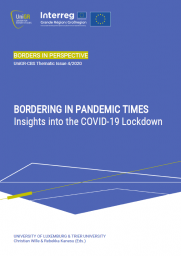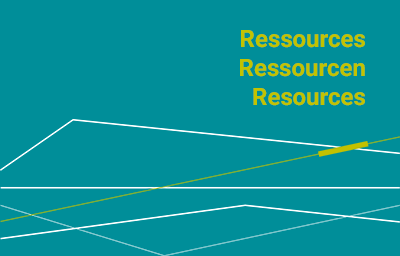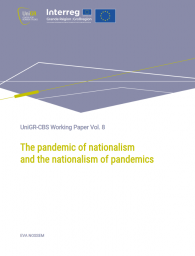Borders in Perspective Vol. 4

In the course of the COVID-19 pandemic, borders have become relevant (again) in political action and in people's everyday lives within a very short time. This was especially true for the inhabitants of border regions, whose cross-border life worlds were suddenly irritated by closed borders and police controls. However, the COVID-19 pandemic also led to an increased evidence of social, cultural, economic, health and mobility boundaries beyond national borders, which raised pressing questions about social inequalities. The authors shed light on these dynamics from the perspective of territorial borders, social boundaries and (dis)continuities in border regions through a variety of thematic and spatial approaches. The critical observations and scientific comments were made during the lockdown in April and May 2020 and provide insights into the events during the global pandemic.


